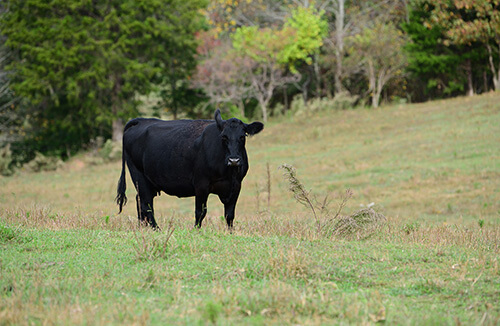Fall: Most Important Weed Control Time
Oct 19, 2020

If you step back and analyze your weed control program on an annual basis, fall may be the most important time to control weeds in your pastures and hayfields. Although many are small and almost un-noticeable, weeds are germinating in this cool and somewhat damp. Many weeds that you see in the springtime like buttercup,
chickweed, henbit, marestail, buckhorn plantain, musk thistle and many others are up or coming up now. Check out these three reasons why fall is one of the most important time to control weeds.
#1: Weeds are much easier to kill when they are small. Weeds, when they germinate, take up water and nutrients just like the forages in your hay or pasture fields. Forages spend the winter storing up carbohydrates and other nutrients in their root system to use for the spring growing season.
#2: Removing weeds now will allow more nutrients and carbohydrates to be stored by the grass and not the weeds. Once the weeds are removed some existing forage stools may actually expand by putting on more shoots from that stool.
Point #3 Removing the weeds can actually increase existing grass stands in the spring.
For more information on all these weed control contact your local Co-op or your local Greenpoint Ag Agronomist.
chickweed, henbit, marestail, buckhorn plantain, musk thistle and many others are up or coming up now. Check out these three reasons why fall is one of the most important time to control weeds.
#1: Weeds are much easier to kill when they are small. Weeds, when they germinate, take up water and nutrients just like the forages in your hay or pasture fields. Forages spend the winter storing up carbohydrates and other nutrients in their root system to use for the spring growing season.
#2: Removing weeds now will allow more nutrients and carbohydrates to be stored by the grass and not the weeds. Once the weeds are removed some existing forage stools may actually expand by putting on more shoots from that stool.
Point #3 Removing the weeds can actually increase existing grass stands in the spring.
For more information on all these weed control contact your local Co-op or your local Greenpoint Ag Agronomist.